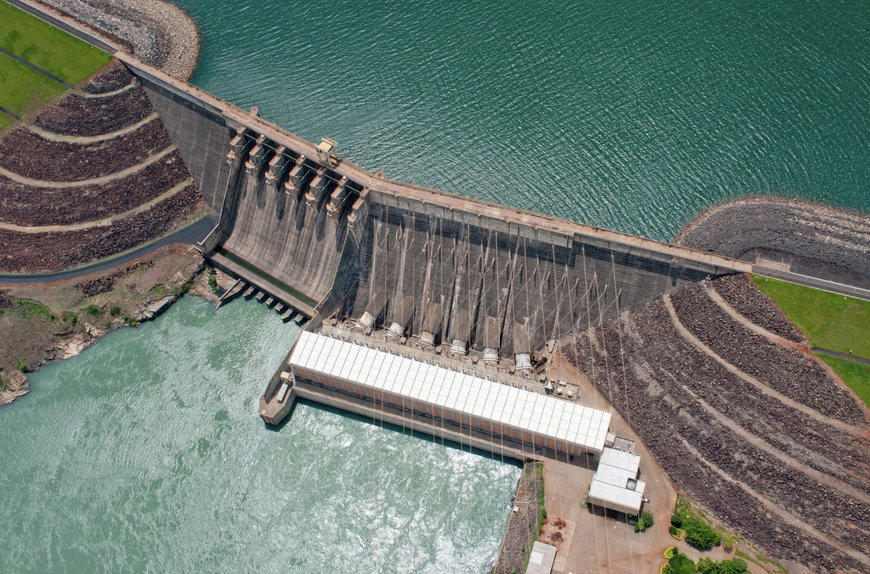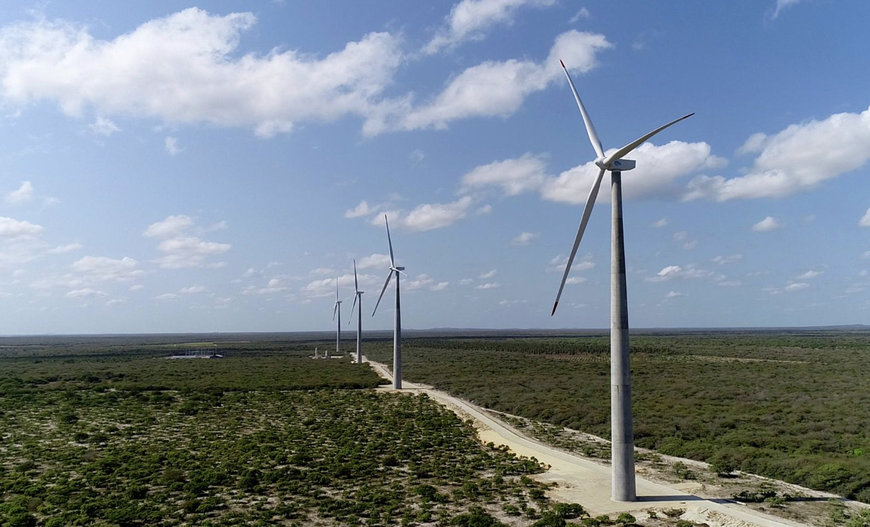www.industryemea.com
26
'24
Written on Modified on
Petrobras acquires international certificates that guarantee the 100% renewable origin of the electricity used in its operations
For the second year running, the company neutralizes "scope 2" emissions associated with energy consumption purchased from suppliers in Brazil.

Petrobras has acquired international certificates attesting that 100% of the electricity used in its industrial and administrative operations in Brazil last year was generated from renewable sources. The I-REC (Renewable Energy Certificate) document guarantees that the electricity purchased by the company from external suppliers came solely from hydroelectric, wind, or solar sources. This means neutralizing the so-called "scope 2" emissions, which originate from emissions associated with energy consumption from an external supplier. Acquiring the certificates is an initiative the company took last year as part of its decarbonization strategy.
Energy-generating companies are issued Proof of consumption and requested by consumers interested in ensuring the renewable origin of the energy used. In the case of Petrobras, AES Brasil, Cemig, and Eletrobras, through its subsidiary Furnas, provided the I-REC certificates. In addition to electricity from third parties, Petrobras also uses electricity generated at its own facilities, such as platforms and refineries. In this case, direct greenhouse gas (GHG) emissions from the company's operations are considered "scope 1."

Fortim Wind Farm (CE) - Photo: Marcelo Ribeiro
"We have the ambition of achieving operational emissions neutrality by 2050, and certificates like these show that we are continuously striving for results and sparing no effort to achieve our goals. Associated with this initiative, in the PE 2024-2028+, our total electricity generation capacity from our own renewable sources could reach 50% by 2030, in integration with the efficient and safe thermoelectric generation," says Petrobras' Director of Energy Transition and Sustainability, Maurício Tolmasquim.
"It's essential to have market mechanisms to remunerate low-carbon investments and provide decarbonization routes for companies. We believe that IREC is a relevant mechanism for the electricity market," said Viviana Coelho, executive manager of Climate Change and Decarbonization.
On average, in the 2024-28 period, low-carbon investment represents 11% of Petrobras' total investment, indicating advances in the company's position. The forecast is that low-carbon investment will gradually gain ground in the company's portfolio over the period, reaching 16% by 2028.
I-REC
The so-called Renewable Energy Certificate (I-REC) is a renewable energy certificate that represents the environmental attributes of generating one megawatt-hour (MWh) of energy from renewable sources. It consists of a global system for tracking renewable energy attributes, developed to enable reliable energy registration from renewable sources. Specific consumers use the certificate for Scope 2 accounting purposes following the strictest international standards.
www.petrobras.com

